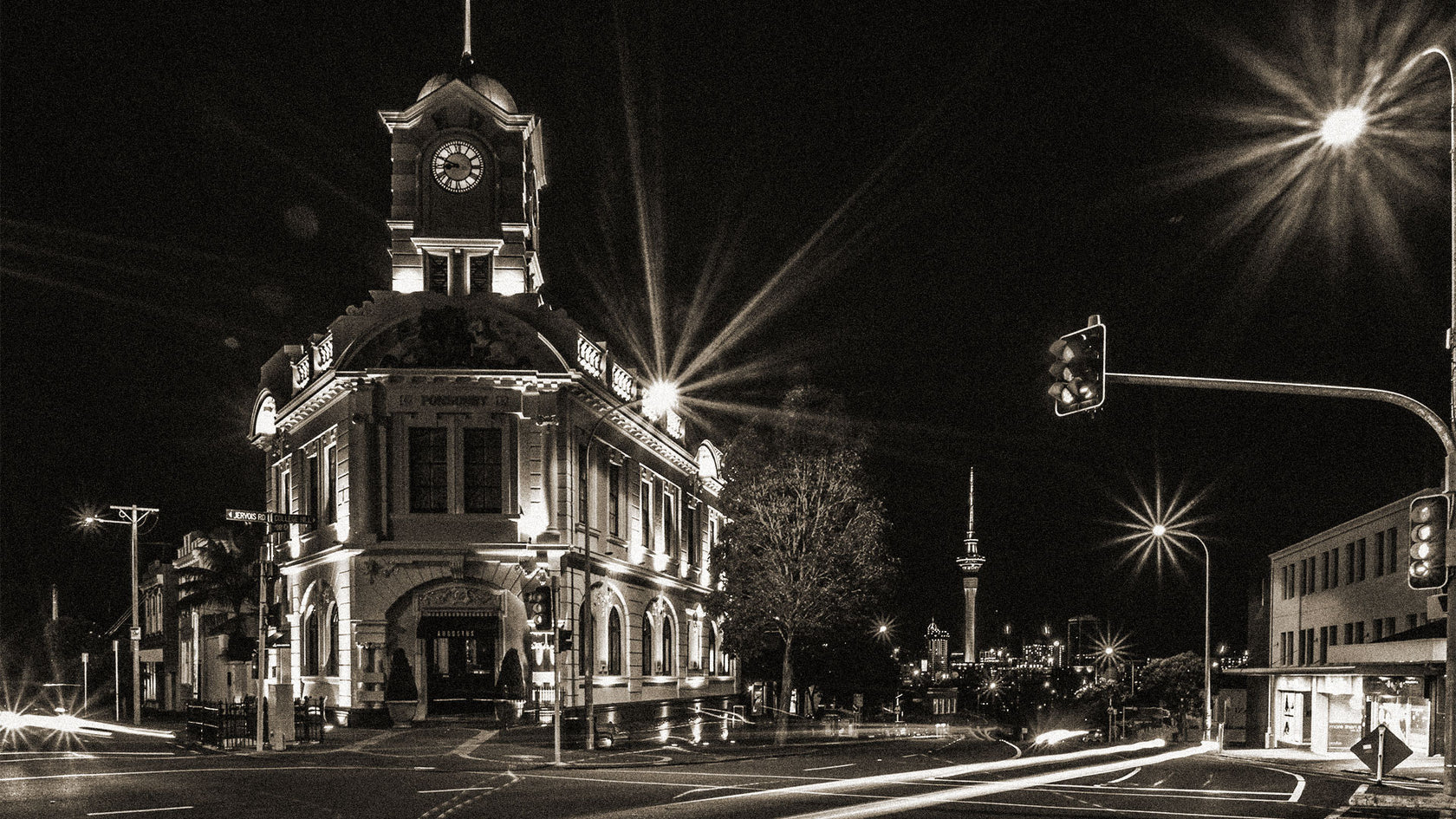When I campaigned to become Mayor in 2022, I stood on a platform of ‘taking back control of council organisations’.
On arriving in the Mayor’s office, I was confronted with a hole in Auckland Council’s budget of $295 million which, curiously, had been hidden from ratepayers.
It took a bit of work but I came up with a plan that was supported by councillors to address this shortfall and get things back on track without imposing huge rates increases on property owners.
Now it’s time to get back on with restoring democratic accountability to the very organisations Auckland Council is supposed to run – but, in reality, has limited control over.
I refer specifically to our so-called council-controlled organisations (CCOs) – Auckland Transport, Eke Panuku and Tātaki Auckland Unlimited.
In my draft mayoral proposal for the 2025/26 annual plan, I’m doing exactly what I said I’d do – bring back democratic accountability while tackling inefficient decision-making and wasteful spending.
There are long-standing issues with the CCO model that have allowed these organisations to make decisions and spend money in a way that causes concern and confusion among those picking up the bill – ratepayers – with very limited scrutiny.
We need to make structural and cultural change to remove inefficiencies, poorly aligned strategies and strengthen democratic accountability.
This will improve public trust and confidence, cost-effectiveness and overcome the duplication of services currently funded by the ratepayer.
CCOs absorb over half of Auckland Council’s current annual operating budget of around $6.4 billion and control two-thirds of the region’s publicly owned assets, valued at almost $47 billion.
They’re funded, in part, by 40 per cent of total rates. There is no plausible argument for the people elected by the public to not have proper oversight of these organisations.
I’m not proposing any funding or service cuts. These structural changes are intended to make council services more responsive to the public by bringing decisions closer to elected members.
My proposal would see Auckland Transport (AT) put on a short leash while I continue positive discussions with the Government about legislation required to make the needed structural changes.
In the interim, I propose immediate steps to begin the process of taking back power from AT. These measures include a proposal for Auckland Council to assume control of AT’s back-office functions.
I’ve also proposed that Auckland Council takes responsibility for all regulatory, policy and strategic planning functions for which AT does not have a statutory role.
Eke Panuku would be disestablished, with urban regeneration and property management coming back in-house under council control.
All policy, strategy and planning functions would also return to council, with local boards having greater decision-making power over local urban amenity projects, like playgrounds and street improvements, so there is a more community-focused approach.
Tātaki Auckland Unlimited would be retained to manage regional facilities, Auckland Art Gallery, Auckland Zoo, theatres and stadiums.
But economic development, destination marketing and major events would be consolidated within council.
These are sensible changes that allow the representatives elected by the people to have proper oversight of what is happening with public funds.
Councillors will debate my proposal in December and, much like how we worked to fix the budget hole, I’m hopeful we will be able to move forward on bringing some much-needed accountability and oversight to council organisations. (Wayne Brown)
www.facebook.com/WayneBrownAuckland
Mayor.Wayne.Brown@Aucklandcouncil.govt.nz


